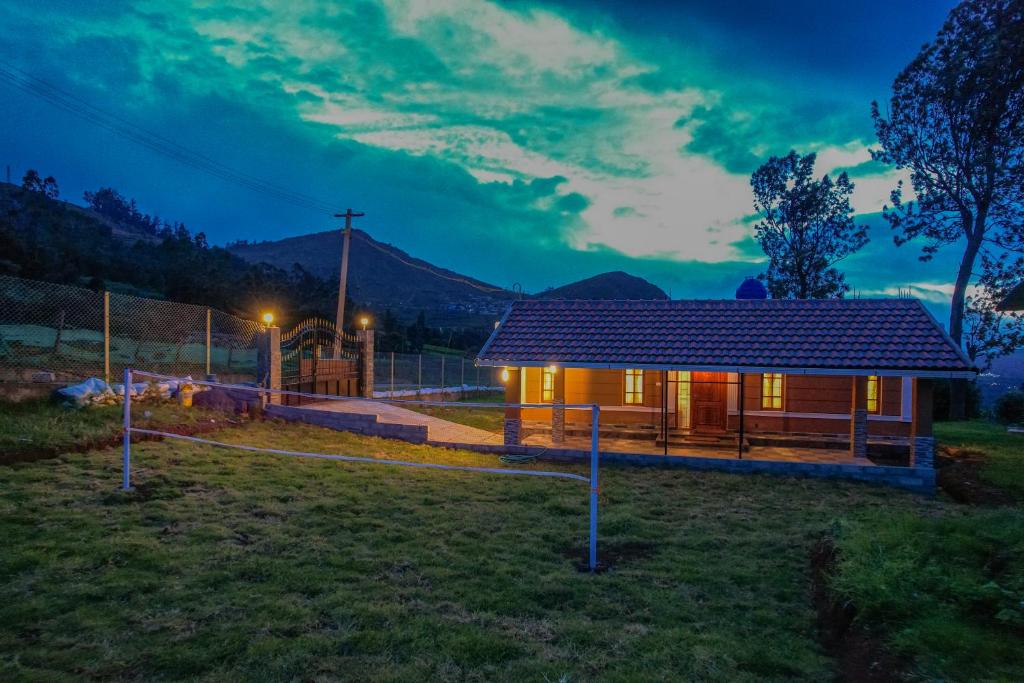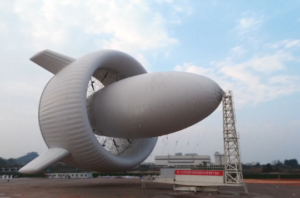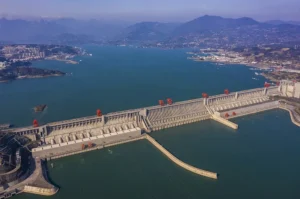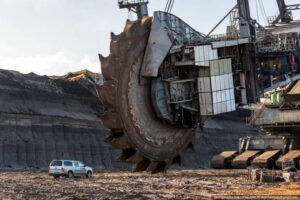 Pin
Pin Image from Unsplash
On April 21, 2025, Pope Francis passed away at the age of 88 in his Vatican residence, the Domus Sanctae Marthae. His death was attributed to a stroke that led to irreversible heart failure, as confirmed by the Vatican’s health department. In the weeks leading up to his passing, Pope Francis had been battling health issues, including a significant bout of double pneumonia that required a 38-day hospitalization.
Despite his declining health, he made a final public appearance on Easter Sunday, offering blessings to the faithful in St. Peter’s Square. His commitment to his duties, even in the face of illness, exemplified his dedication to the Church and its followers.
Table of Contents
A Pope Who Rewrote the Rules
From the outset of his tenure, Francis broke with centuries of tradition, choosing to reside in the modest Casa Santa Marta rather than the opulent Apostolic Palace. His final wishes continued this trend of humility and reform. In his testament, he requested a simple burial “in the ground, without particular decoration,” marked only by his papal name in Latin, “Franciscus”. He rejected the customary triple-coffin burial and opted for his body to lie in a plain coffin rather than an elevated bier. Furthermore, he chose to be buried in Rome’s St. Mary Major Basilica, a location not used for papal burials since the 17th century, reflecting his deep devotion to the basilica and marking a notable departure from tradition. These decisions underscore his commitment to humility and his desire to humanize the papacy, even in death.
The Life and Legacy of Pope Francis
Born Jorge Mario Bergoglio on December 17, 1936, in Buenos Aires, Argentina, Pope Francis was the first Latin American and Jesuit pope, elected in 2013. His papacy was marked by a commitment to humility, inclusivity, and social justice.
He chose the name Francis to honor Saint Francis of Assisi, reflecting his dedication to the poor and marginalized. Francis emphasized a pastoral approach, famously stating, “Who am I to judge?” regarding gay individuals, and supported blessings for same-sex and unmarried couples. He also advocated for environmental protection, notably through his 2015 encyclical “Laudato Si’,” calling for urgent action on climate change. His efforts to reform the Vatican included promoting financial transparency and addressing the clergy sex abuse crisis.
Despite facing criticism from conservative factions, Francis remained a unifying figure for many, emphasizing mercy and compassion throughout his 12-year papacy. His death on April 21, 2025, marked the end of a transformative era for the Catholic Church.
Global Reactions and the Road Ahead
The death of Pope Francis on April 21, 2025, at the age of 88, has elicited a profound global response. Leaders worldwide have paid tribute to his legacy.
King Charles III recalled their final meeting on April 9, highlighting the Pope’s compassion and commitment to unity. U.S. President Joe Biden and French President Emmanuel Macron lauded him as a moral leader and advocate for the marginalized. The Vatican has announced that his funeral rites will commence on April 21, with the public viewing scheduled for April 23 at St. Peter’s Basilica. A conclave to elect his successor is expected between May 6 and 11, adhering to Church law. Pope Francis’s passing marks the end of a transformative era for the Catholic Church, leaving a legacy of humility, inclusivity, and reform.
The Papal Conclave and the Future of the Church
With the passing of Pope Francis on April 21, 2025, the Catholic Church now turns its attention to the selection of his successor. The College of Cardinals, comprising 135 members under the age of 80, will convene in a conclave to elect the next pope.
Notably, Pope Francis appointed 80% of these cardinals, potentially influencing the direction of the Church’s future leadership. The conclave, held in the Sistine Chapel, is expected to begin in early to mid-May, following the traditional mourning period. Among the potential candidates are Cardinal Pietro Parolin of Italy, known for his diplomatic acumen; Cardinal Luis Antonio Tagle of the Philippines, representing the growing influence of the Asian Church; and Cardinal Peter Turkson of Ghana, who could become the first African pope in centuries.
The selection of the new pope will be closely watched, as it will determine whether the Church continues on the progressive path charted by Pope Francis or shifts in a different direction. The world awaits the outcome of this pivotal moment in Catholic history.
A Legacy That Transcends Borders
Pope Francis’ death on April 21, 2025, at the age of 88, has left an indelible mark on the global stage. His papacy was characterized by a commitment to humility, inclusivity, and social justice. He was the first Latin American and Jesuit pope, elected in 2013, and his leadership style broke with many traditional norms.
Francis emphasized a pastoral approach, famously stating, “Who am I to judge?” regarding gay individuals, and supported blessings for same-sex and unmarried couples. He also advocated for environmental protection, notably through his 2015 encyclical “Laudato Si’,” calling for urgent action on climate change. His efforts to reform the Vatican included promoting financial transparency and addressing the clergy sex abuse crisis. Despite facing criticism from conservative factions, Francis remained a unifying figure for many, emphasizing mercy and compassion throughout his 12-year papacy. His death marks the end of a transformative era for the Catholic Church, but his legacy of humility and reform continues to inspire people around the world.
FAQs
Pope Francis passed away on April 21, 2025, at the age of 88. The Vatican confirmed that he died from a stroke, which led to irreversible heart failure. Prior to his death, he had been battling several health issues, including double pneumonia, hypertension, and type 2 diabetes.
In accordance with his wishes, Pope Francis will be buried in the Basilica of St. Mary Major in Rome, marking a departure from the tradition of papal burials beneath St. Peter’s Basilica. He requested a simple wooden coffin and a modest burial, reflecting his commitment to humility. His body will lie in state at St. Peter’s Basilica for public viewing before the funeral rites.
Pope Francis was known for his efforts to modernize the Catholic Church and make it more inclusive. He addressed the clergy sexual abuse crisis, implemented financial reforms within the Vatican, and advocated for environmental protection. His 2015 encyclical, “Laudato Si’,” called for urgent action on climate change. He also emphasized compassion and outreach to marginalized communities, including the LGBTQ+ population and the poor.
Following Pope Francis’ death, the College of Cardinals will convene in a conclave to elect his successor. This gathering is expected to take place within two to three weeks after his passing. Notably, Pope Francis appointed approximately 80% of the current voting cardinals, which may influence the direction of the Church’s future leadership.
Several cardinals are considered potential successors to Pope Francis. Among them are Cardinal Luis Antonio Tagle of the Philippines, known for his progressive views and fluency in English; Cardinal Pietro Parolin of Italy, the Vatican’s Secretary of State; and Cardinal Peter Turkson of Ghana, who has been a prominent voice on social justice issues.






























